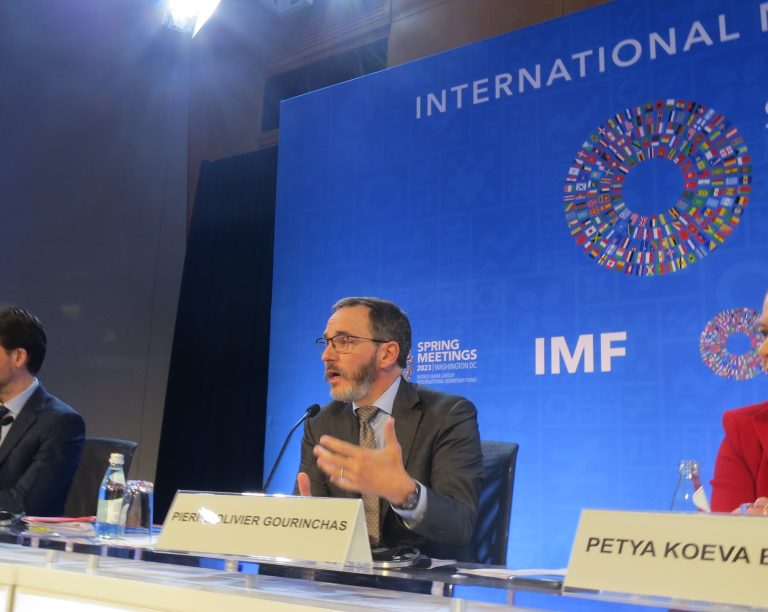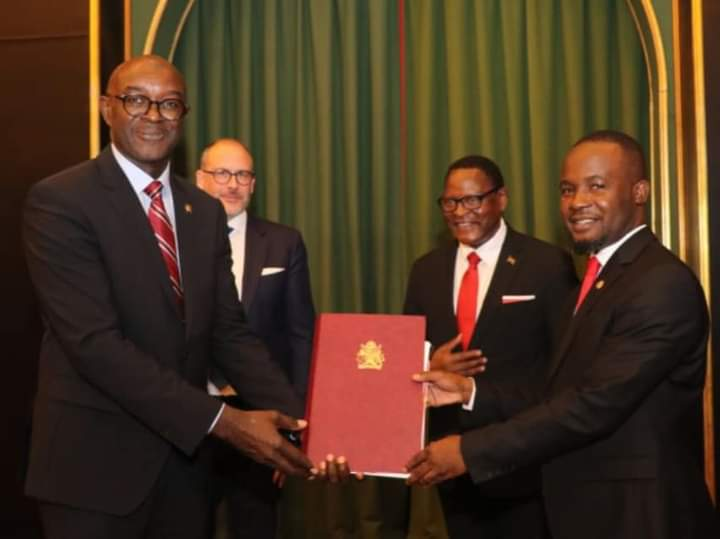BY JOSEPHINE CHINELE – WASHINGTON DC
The International Monetary Fund (IMF) has foretold tough economic times and high debt distress, especially for developing countries like Malawi.
Malawi, which has already been struggling to fight against corruption aggressively, might be more vulnerable to corrupt practices due to the harsh economic recovery, according to the IMF.
According to the IMF rating, Malawi is one of the countries in debt distress, with both external and public debt considered unsustainable under current policies.
The land-locked, donor-dependent country faces economic woes, a high cost of living, and an acute foreign exchange shortage. In May last year, Malawi faced a 25 per cent devaluation.
“The authorities have started to engage in debt negotiations with commercial and official bilateral creditors. The authorities’ debt restructuring strategy—if implemented with a significant treatment of commercial debt and a reprofiling of official bilateral debt—would bring external debt service down significantly and make Malawi’s debt sustainable with a moderate risk of debt distress in the medium-term” reads the IMF website statement on Malawi in part.
Presenting the IMF’s World Economic Outlook report (April 2023), IMF’s Economic Director of Research, Pierre Olivier Gourinchas, said the war in Ukraine could intensify and lead to more food and energy price spikes, pushing inflation up, “core inflation could turn out more persistent than anticipated, requiring even more monetary tightening to tame.”
The IMF World Economic Outlook report hints that policymakers have a narrow path to walk to improve prospects and minimise risks, recommending governments aim for an overall tight stance while providing targeted support to those struggling most with the cost of living crisis.
“The recent tightening in global financial conditions is also hampering the recovery-as a result, many economies are likely to experience slower growth in 2023, amid rising joblessness…” reads the outlook report in part.
The report was released amid the IMF and World Bank Spring meetings in Washington, DC, in the United States of America. The sessions are attended by ministers of finance, central bankers, political leaders and economists.
According to the World Economic Outlook report, the risks to the outlook are heavily skewed to the downside, with the chances of a hard landing has risen sharply, “financial sector stress could amplify, and contagion could take hold, weakening the real economy through a sharp deterioration in financing conditions and compelling central banks to reconsider their policy paths.”
It further says pockets of sovereign debt distress could spread and become more systemic in the context of higher borrowing costs and lower growth.
The IMF says policymakers have a narrow path to improve prospects and minimize risks. Central banks need to remain steady with their tighter anti-inflation stance, but also be ready to adjust and use their full set of policy instruments to address financial stability concerns as developments demand.
According to the IMF economic outlook, significant forces that shaped the world economy in 2022 seem set to continue into this year, but with changed intensities. Debt levels remain high, limiting the ability of fiscal policymakers to respond to new challenges. Commodity prices that rose sharply following Russia’s invasion of Ukraine have moderated, but the war continues, and geopolitical tensions are high.
IMF has said that corruption is traced during economic downturns when the government’s intervention in the economy, ‘policies aimed at liberalization, stabilization, deregulation, and privatization can sharply reduce the opportunities for rent-seeking behaviour and corruption’.
“Where government regulations are pervasive, however, and government officials have discretion in applying them, individuals are often willing to offer bribes to officials to circumvent the rules and, sad to relate, officials are occasionally tempted to accept these bribes,” reads a 1997 International Monetary Fund Economic Issues 6.








